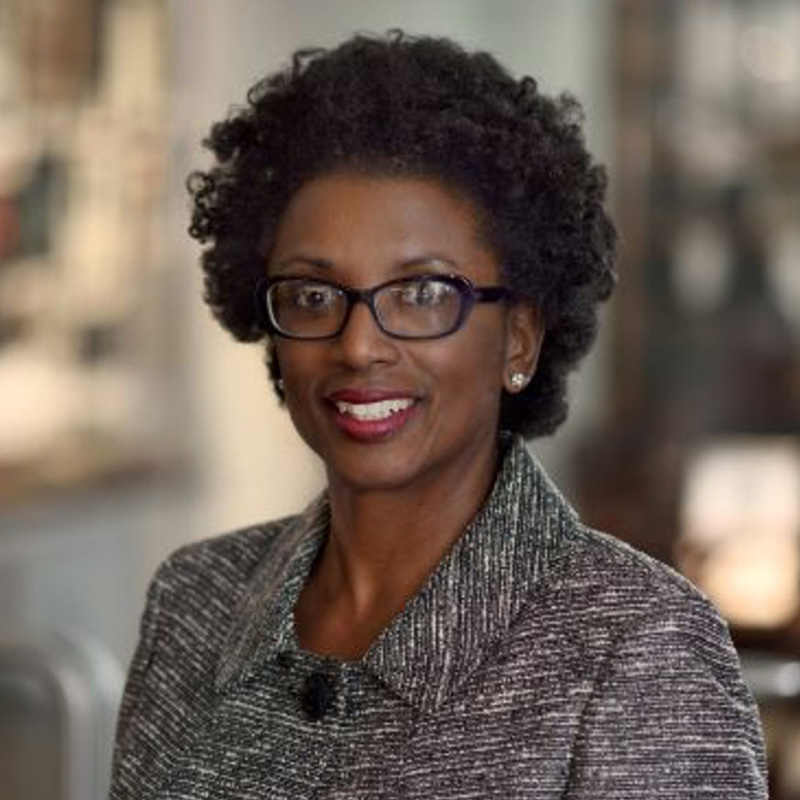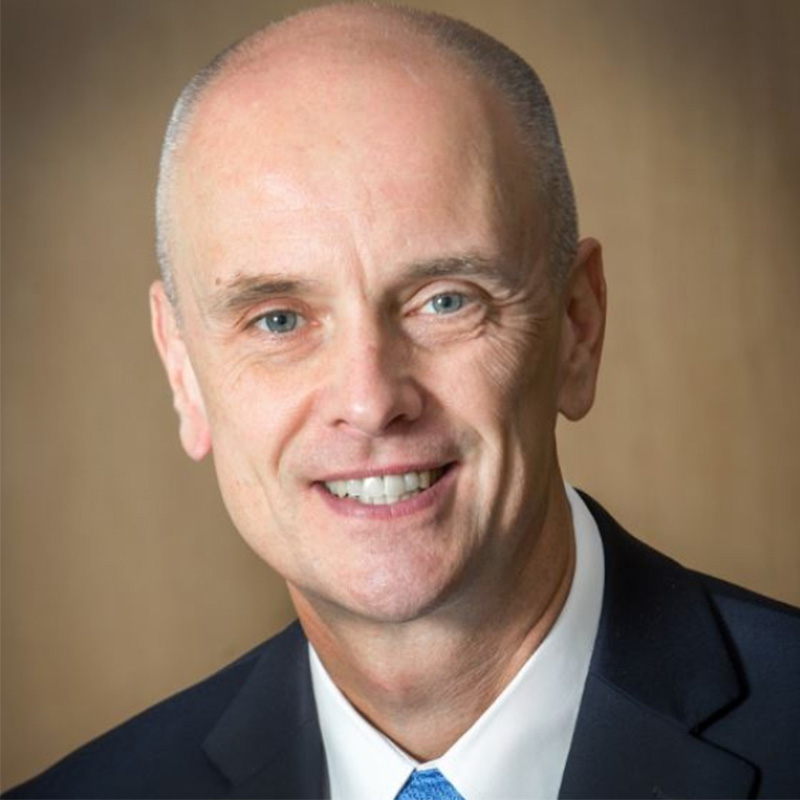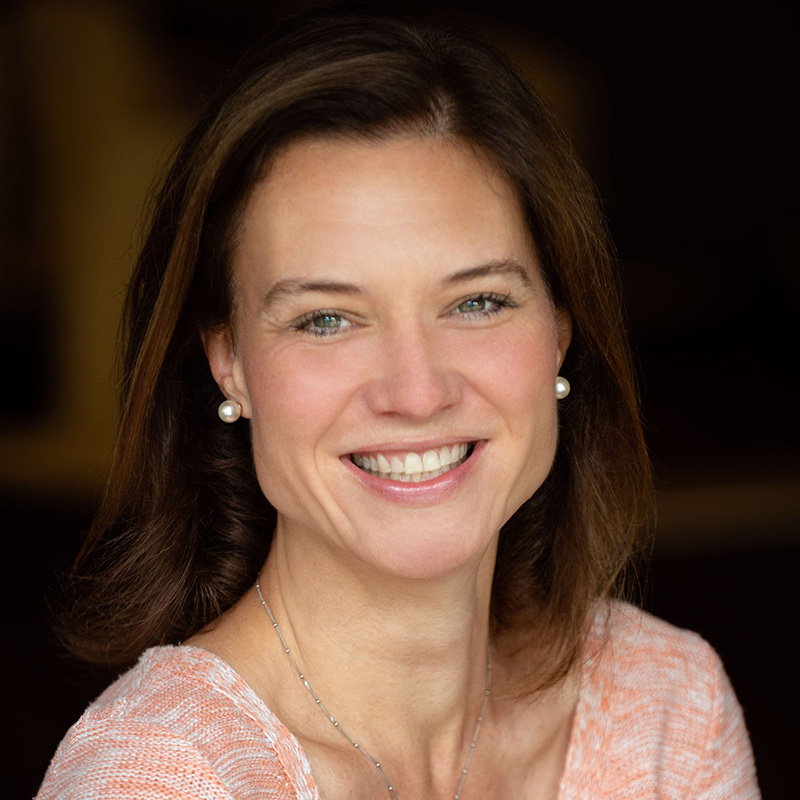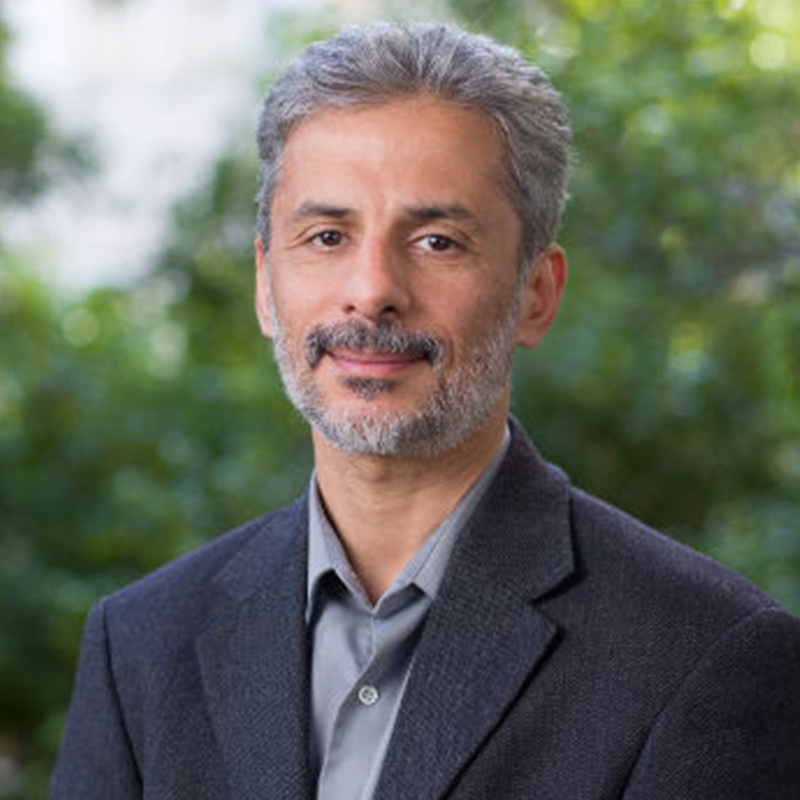Session 1
Transformational Change for Climate Health Equity and Environmental Justice Panel Discussion
Thursday, January 16, 2025
9:20 a.m. – 10:40 a.m.
From Data to Discovery: Leveraging the All of Us database for Climate Health Research

Associate Professor, Molecular and Human Genetics
Baylor College of Medicine
Debra Murray directs Genetics/Genomics Education Programs at Baylor College of Medicine’s Human Genome Sequencing Center and co-directs its Office of Community Engagement and Equity. She also oversees the education core for the BCM/Texas Southern University Partnership for Cancer Research, Education, and Disparities. Murray provides faculty training and genetics training for medical students. A recipient of the Norton Rose Fulbright Faculty Excellence Award, she has earned recognition as a leader in equity and research education.
A One Health Approach to Climate Change and Public Health

Professor, founding Director
Cornell Public Health
Alexander Travis conducts interdisciplinary research linking the health of people, animals, and the environment to mitigate climate change, preserve biodiversity, and enhance community resilience and emergency preparedness. Travis contributes to climate action locally as a member of Ithaca’s Sustainability and Climate Justice Commission, regionally as a sector advisor for the New York State Climate Impact Assessment, and nationally as part of the ASPPH Climate Change and Health task force.
Community CATALYST: Generating Evidence to Alleviate Climate-Induced Health Outcomes in Socioeconomically Marginalized Populations

Director, Community-Engaged Research Program
OCHIN
Karen Albright is a senior investigator at OCHIN, a non-profit healthcare innovation center focused on health equity. She focuses on identifying structural and psychosocial barriers to care and developing solutions through community-engaged approaches. As co-lead of OCHIN’s Community CATALYST project, Albright collaborates with environmental justice organizations and climate health experts to create a community-driven research agenda mitigating climate-induced health impacts on patients.
Climate Change and Community Engagement of Disadvantaged Populations

Professor, Department of Family Medicine and Public Health
University of California-San Diego
Wael Al-Delaimy is an epidemiologist whose work focuses on the Middle East and involves refugees, rural farming communities, and indigenous populations. He edited the Springer Nature book Health of People, Health of Planet and Our Responsibility, which reached over half a million downloads. Al-Delaimy consults for the World Health Organization, United Nations, and American Psychological Association on climate-related ethics and policies. He also co-founded and chairs the Society for Advancement of Science and Technology in the Arab World.